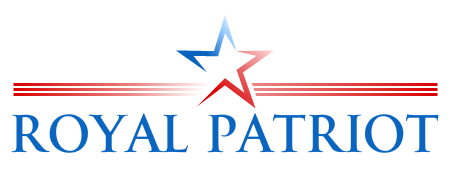Due to new competitors in New York City, casinos in the northeastern United States are confronted with myriad difficulties.
The possible smoking ban, the continuing discussion about the effects of Internet gambling on brick-and-mortar casinos, and the decline in revenue due to illicit online activities were among the several issues covered during a major Atlantic City casino conference.
Experts discussed the industry’s problems during the East Coast Gaming Congress, which took place at the Hard Rock casino. This was particularly true given the impending launch of three new casinos in downstate New York. Everyone in the area is betting these new arrivals will shake up the gaming industry.
In its rush to issue licenses, New York is already picking out locations for casinos and preparing to field a flood of questions from would-be operators.
Mark Giannantonio, president of the Resorts Casino in Atlantic City and the Casino Association of New Jersey, has said that the city must take action over the next two years to deal with the impending competition from the nearby area.
If Atlantic City wants to compete with its new rivals, Mr. Giannantonio says it has to improve its infrastructure, public safety, and cleanliness.
New York Gaming Association head Stacey Rowland claims that her state’s new casinos are vying for the same gaming money spent in other states.
Employees at Atlantic City’s casinos have been vocal in their support for a smoking ban on the gaming floor for some time now. People have been urging lawmakers to enact anti-smoking laws. Also, a state statute exempting the casinos in Atlantic City from the state’s indoor clean air ordinance has been challenged in a lawsuit.
Mr. Giannantonio claims his company faces danger due to a smoking ban.
He foresaw a steep drop in state tax income and the loss of employment for as many as 2,500 casino employees. He favors a middle ground, allowing smoking in some locations besides the tabletop games and where staff are not needed to work.
Casino employees deny the allegations and say smoke-free patrons would be a boon to the establishments’ bottom lines.
A number of governments are reevaluating online gambling as a potential source of new tax money. The following states have recently passed legislation making it legal: New Jersey, Delaware, West Virginia, Pennsylvania, Michigan, Connecticut, and Rhode Island.


















